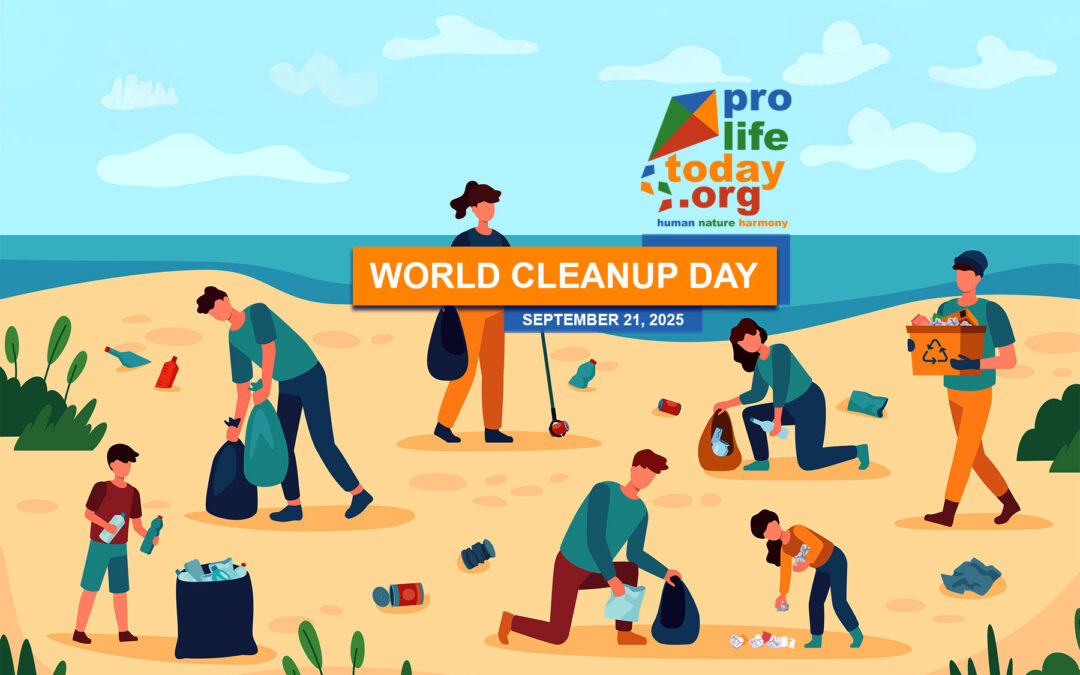Every September, millions around the globe unite for World Cleanup Day, a movement that transcends borders, faiths, and generations. In the Philippines, this global call to action finds deep resonance, as communities, schools, organizations, and families gather to restore the beauty of our shared environment.
The Philippines, as an archipelagic nation, is uniquely vulnerable to the consequences of poor waste management. Plastic pollution clogs our rivers, threatens marine life, and worsens flooding in our cities. According to the Philippine News Agency, more than 20,000 volunteers joined the 2025 International Coastal Cleanup in Metro Manila and across the country, with simultaneous activities in nearly 300 sites nationwide, from Manila Bay to the Pasig River and coastal wetlands. This massive mobilization reflects the truth that every citizen can be a hero in the fight against waste.
The urgency is clear. A 2025 report on World Cleanup Day highlighted that humanity faces a mounting waste crisis, now officially recognized by the United Nations General Assembly as a global challenge. Locally, the Department of Environment and Natural Resources (DENR) has advanced Nature-Based Solutions (NbS), integrating indigenous knowledge and community-driven practices to restore ecosystems and strengthen resilience against climate change. These efforts remind us that cleanup is not just about removing trash—it is about healing creation and safeguarding biodiversity.
Cleanup drives are more than one-day events. They are catalysts for behavioral change. They ripple outward, inspiring barangays, schools, and faith communities to adopt sustainable practices. Each act of stewardship—whether picking up a discarded bottle or segregating waste at home—builds a culture of care that strengthens communities.
The Philippines has laid down strong legal foundations for waste management. Republic Act 9003 (Ecological Solid Waste Management Act of 2000) mandates segregation at source, recycling, and the establishment of Materials Recovery Facilities (MRFs) in every barangay. Republic Act 9275 (Philippine Clean Water Act of 2004) protects water bodies from pollution, including improper waste disposal. Republic Act 8749 (Philippine Clean Air Act of 1999) addresses open burning and air pollution linked to waste. DENR Administrative Orders and local ordinances further strengthen enforcement, particularly in urban centers and coastal areas. These policies remind us that cleanup is not optional—it is a civic duty, a legal mandate, and a moral responsibility.
World Cleanup Day is not merely about collecting trash. It is about building a legacy of stewardship. Every Filipino who bends down to pick up waste, who teaches a child to segregate, or who advocates for stronger environmental policies becomes a World Cleanup Hero.
As we reflect on this year’s observance, let us remember: the fight against waste is not won in a single day. It is won in the daily choices we make, the communities we strengthen, and the future we safeguard for generations to come.

